Doctors across the country are on high alert for rare blood clots linked to the Johnson & Johnson Covid-19 vaccine since the shot was put on pause Tuesday.
“We can’t afford to miss it,” said Dr. Mary Cushman, a hematologist and medical director of the Thrombosis and Hemostasis Program at the University of Vermont Medical Center.
Full coverage of the coronavirus outbreak
Administration of the Johnson & Johnson vaccine was put on hold Tuesday, after six recipients developed cerebral venous sinus thrombosis, or CVST, clots in blood vessels leading out of the brain, in combination with low levels of platelets.
Overall, 7.6 million people in the United States have received the shots, meaning that — while serious — the six cases so far are extremely rare.
Still, “you won’t find a physician in the country” who hasn’t had to rethink how to recognize and treat such clots in patients, said Dr. Anand Padmanabhan, a senior associate consultant in the department of laboratory medicine and pathology at the Mayo Clinic in Rochester, Minnesota. “Things are changing rapidly.”
“We’ve reached out to over 10,000 providers to ensure that they know what kind of cases to look for,” Centers for Disease Control and Prevention director Dr. Rochelle Walensky said during a media briefing Friday.
One patient, a woman in Virginia, died, and four others have not yet recovered. Just one has been released from the hospital. All of the cases were in white women between the ages 18-48. Three of those women also developed clots in other parts of the body.
Cushman said every provider in her health network has received guidance on the issue. For any patient with a blood clot, doctors are instructed to ask whether they’d received a Covid-19 vaccine, and if so, which one.
In addition to Johnson & Johnson, similar blood clots have been linked to the AstraZeneca vaccine. That vaccine has not been authorized for use in the U.S., but is used in other countries.
“You could have a visitor flying into the U.S. who got a vaccine a few days prior in Europe or somewhere else,” Padmanabhan said.
Doctors are also instructed to ask when the individual received the vaccine. Timing of the vaccination appears to be important; the six patients who developed blood clots became ill six to 13 days after they received the Johnson & Johnson shot.
Blood tests are also critical, doctors said. The clots specific to the six patients linked to the Johnson & Johnson vaccine were found in combination with a low level of platelets — an important clue which can be measured with a blood test.
Despite the heightened alert, it remains unlikely that most physicians will encounter such a situation, as the occurrence of clots apparently related to the Johnson & Johnson vaccine remains, at this point, extremely rare.
Blood clots in general are not uncommon. One type, called a deep vein thrombosis, affects as many as 900,000 people a year. Experts say that just because a person has received the Johnson & Johnson vaccine and subsequently developed a blood clot does not prove the two are related.
Still, it’s essential to have the skills to recognize the condition, particularly for appropriate treatment.
In a briefing earlier this week, Dr. Peter Marks, director for the Center for Biologics Evaluation and Research at the Food and Drug Administration, said these rare cases must be handled differently than typical blood clots.
Usually, the standard of care for clotting problems is a blood thinner, called heparin, given intravenously. But in rare cases, the medication does the opposite, triggering platelets to start clotting — similar to what’s been observed in the Johnson & Johnson cases. The concern is that giving heparin to such patients would worsen their condition.
Other intravenous blood thinners are available, such as argatroban. Padmanabhan, who is part of a group that has been tasked with developing guidance for doctors in the Mayo Clinic Health System, said intravenous immunoglobulin, a plasma-rich antibody infusion, should also be considered in combination with blood thinners.
Download the NBC News app for full coverage of the coronavirus outbreak
Dr. Katie Passaretti, medical director for infection prevention at Atrium Health in Charlotte, North Carolina, said that for people who received the Johnson & Johnson vaccine and are concerned, the symptoms are severe and noticeable.
“The things that would be of most concern are severe headaches — like the worst headache of your life that’s lasting for multiple days,” Passaretti said.
Other potential symptoms might include neurologic issues, such as trouble speaking, as well as shortness of breath or significant swelling in the body.
Further clarity from federal officials is not expected until at least April 23, when the CDC’s Advisory Committee on Immunization Practices is scheduled to reconvene.

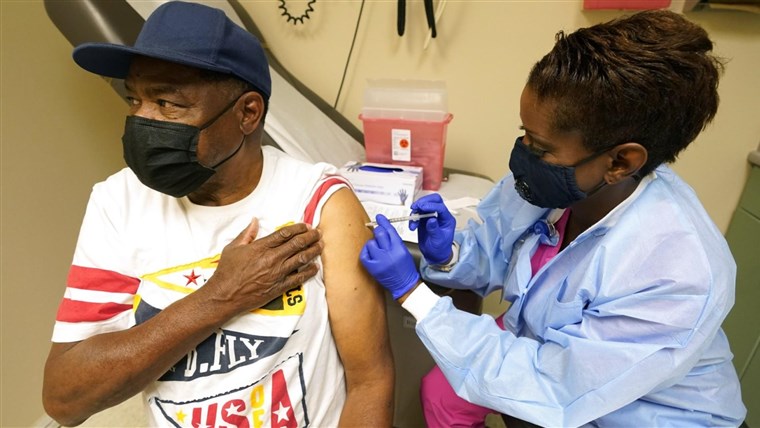
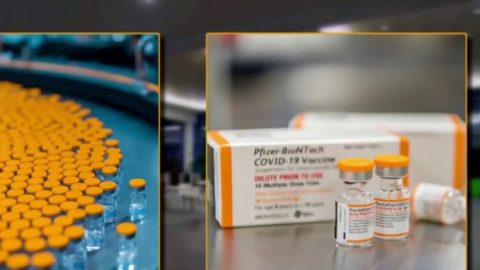
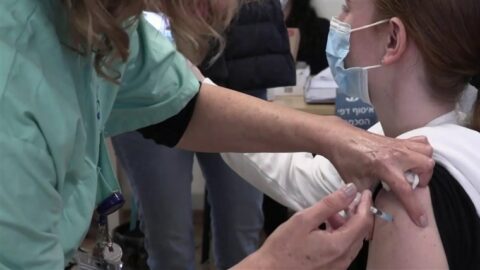
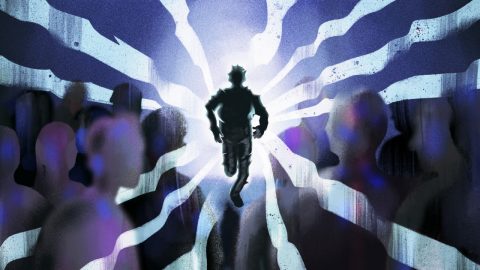



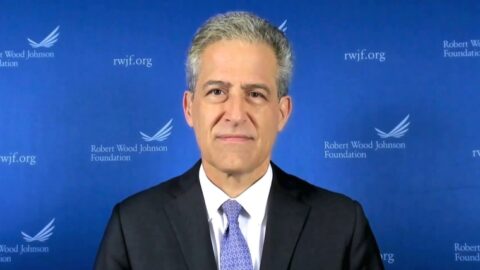

Recent Comments